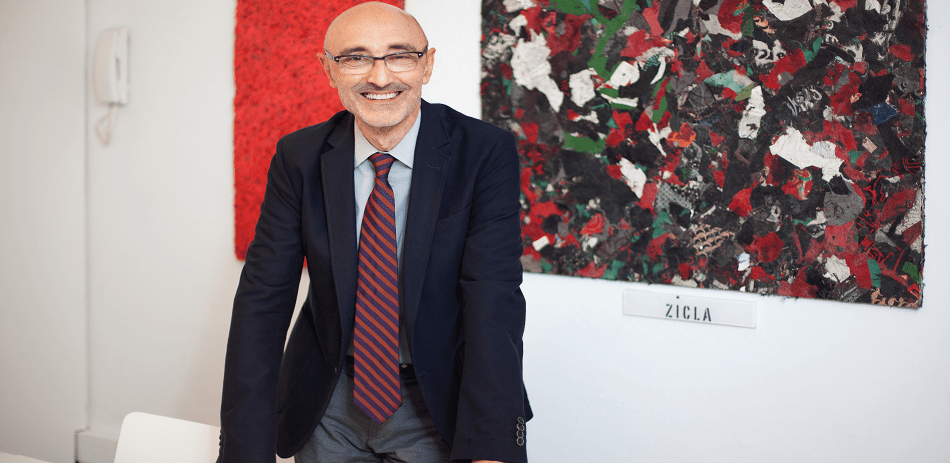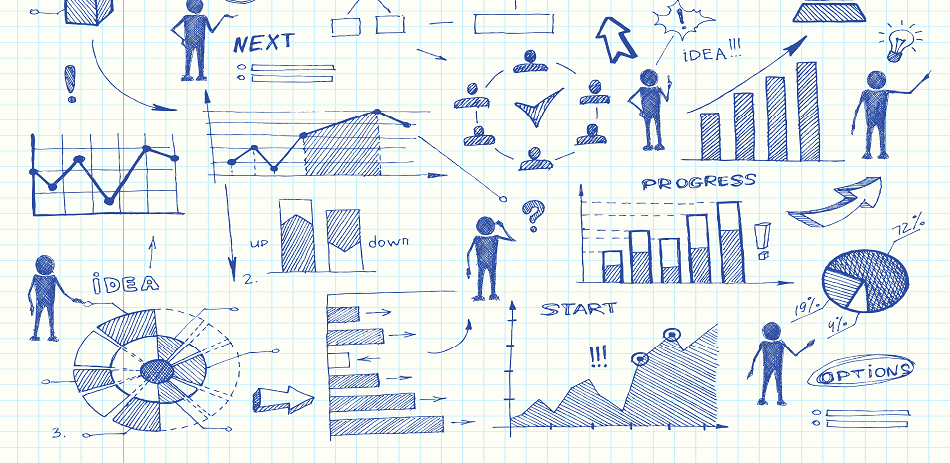Alfredo Balmaceda has been interviewed by EcoAP News.

What does eco-innovation mean to your company? And what is at stake for “smart cities”, in particular?
Eco-innovation is in our company’s DNA. We work to transform cities into safer and more accessible, enjoyable and welcoming places for people, while helping make them more sustainable and green with greater commitment to the circular economy – based on reusing, repairing, remanufacturing and recycling existing materials and products rather than using virgin resources. Our mission is to promote a change of values so that waste is considered a raw material and transformed into competitive products that come back to cities and meet their needs, helping divert them from landfill and incinerators by closing the loop. The circular economy and environmental sustainability are in fact two pillars of smart cities. And Zicla reinforces them by developing and manufacturing competitive, high-quality recycled (and recyclable) products for cities using post-consumer and post-industrial waste.
What eco-innovation challenges have you faced over the past decade or so?
Our emphasis has been on eco-innovation in the use of waste as raw materials in industrial processes and in manufacturing our own products, to make them more sustainable and environmentally friendly, and to follow the principles of eco-design. This is complex work, so we narrowed our focus on transforming waste into raw materials suitable for use in local industrial processes and manufacturing our own products; and on closing the materials cycle of Zicla products, thus guaranteeing that they are actually recycled as well as being recyclables (i.e. we accept the products at our factory at zero cost only once their useful life is over).
What trends have you observed in plastics recycling, in particular, since ZICLA started? What new ideas do you see coming?
Post-industrial plastic waste has traditionally been recycled, but the story of post-consumer plastic waste has been very different. Most of it used to go to landfill or for incineration. In the last ten years big changes have occurred and municipal waste collection systems have improved a great deal, so the ratio of collected waste packaging has increased as well. The recovery of plastics from end-of-life vehicles, electric and electronic waste, label manufacturing, and other non-traditional sources of post-consumer plastic waste have increased considerably.
The plastic industry is likely to face multiple changes in its markets and materials in the near future, and we will see new “families” of plastics that are biodegradable and more environmentally friendly. In addition, chemical recycling of plastic will offer new polymers and fuels, and will probably be essential for recycling mixed and complex functions.
What advice would you give to companies contemplating an eco-innovation start-up? What lessons have you learned?
Eco-innovation always pays. Eco-innovation is much more than using recycled materials in manufacturing products – it is an entire way of doing things. It helps companies to save resources, complete the circular economy and show their environmental commitment, while improving their positioning in the eyes of society, shareholders and their own workers.
How does ZICLA’s eco-innovation process work? Is it like a philosophy? How has this led to product development?
We focus on developing traffic, mobility and accessibility solutions in cities by creating systems consisting of products manufactured using recycled materials. For example, ten years ago we detected an accessibility problem at bus stops. We designed and developed an idea which gave birth to a new product: a compact system for building platforms at bus stops to improve safety and accessibility with no costly, disruptive civil works needed at the site. These are modular platforms of recycled, self-connecting plastic parts. The modular pieces mean different configurations (widths and lengths) are possible. The plastics we use are certified as a recycled material with a Class II Eco-Label awarded by the Catalan Government.
How do you see the role of the EcoAP? What can it do to promote eco-innovation in general?
We see a big opportunity for EcoAP to create awareness of the need for eco-innovative practices among SMEs. In addition, sharing the good practices that Member States are implementing could inspire and encourage other countries to follow suit. it is essential to make the Action Plan collaborative so that its ambitious goals can be achieved.
When waste solves, not creates, a problem.
Nearly 15 years ago, Barcelona-based ZICLA had something of an epiphany on how to convert waste into clever new materials for industry and durable products for traffic management. As a native eco-innovation company committed to the circular economy, ZICLA works so the recoverable waste generated by cities and their associated activities – waste with potential for recovery but ends up in landfill because of poor recycling – can find a new life elsewhere. Its innovation teams analyse the recovery potential of this waste and, together with industry, design a process to transform it cost-effectively, and to explore new business opportunities using these value-added new materials for sustainable solutions around the city (i.e. to improve access, safety, aesthetics, etc.)
One of ZICLA’s early products solved a problem for transport authorities. Bus platforms are important for safety and accessibility but they are costly and cumbersome to build out of concrete. Zicla’s idea was to replace them with ready-made recycled plastic platforms. The “Vectorial® system” is made from post-consumer PVC Plastic waste (plastic coatings on electrical cables) and post-industrial PVC (remains from the manufacture of hoses, tarpaulins, etc.). The resulting modular units can be installed in much less time, reducing disruption to traffic, and adapted to different applications.



0 Comments